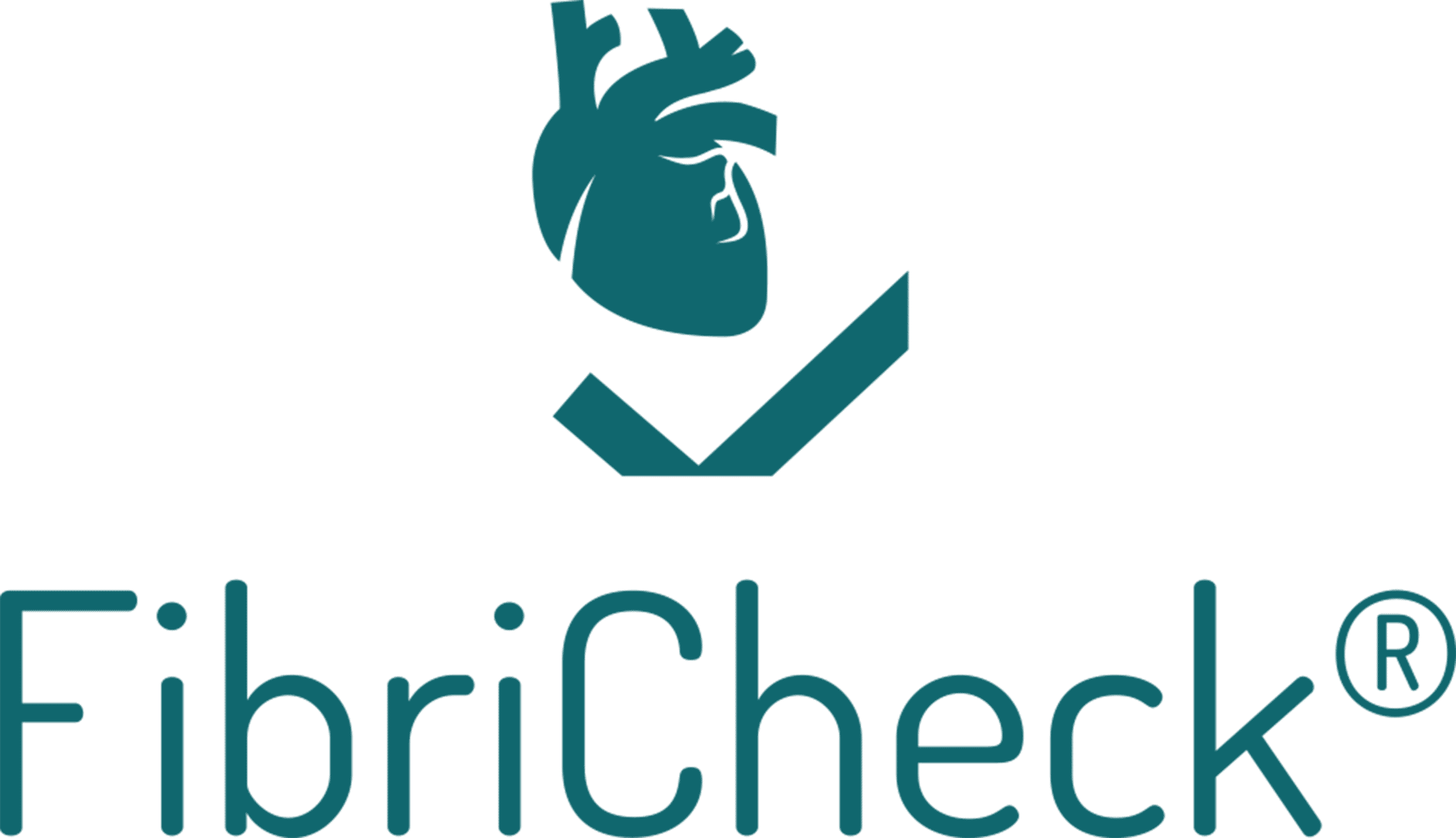Heart failure is a common condition affecting over 64 million people worldwide. It is often caused by other issues of the heart and the blood vessels. In order to take preventative measures against heart failure, it’s important to understand what heart failure is, and to know which factors can increase your risk of developing this condition. Studies have shown that especially atrial fibrillation and high blood pressure are important risk factors, making it vital to follow up on them.
What is heart failure?
Heart failure is a condition in which the heart muscle becomes weak or stiff. This causes the heart to have trouble pumping the blood around the body properly. This is a serious condition, as this means that the organs won’t receive enough oxygen to function properly.
The symptoms of heart failure can have an impact on your quality of life, and can consist of:
- Shortness of breath
- Feeling tired or weak
- Feeling lightheaded
- Swollen ankles and legs
- Persistent cough
- Fast heart rate
- Dizziness
These symptoms often gradually get worse as the condition progresses. Heart failure can therefore be divided into different stages, each with the symptoms appearing under slightly other conditions:
- Stage 1: You don’t experience any symptoms at rest or during physical activity
- Stage 2: You don’t experience any symptoms at rest, but the symptoms appear during strenuous physical activity
- Stage 3: You don’t experience any symptoms at rest, but slight physical activity causes symptoms
- Stage 4: You experience symptoms both at rest and during activity.

What are the risk factors/causes of heart failure?
Heart failure can result from various conditions that damage the heart. These can include:
-
- Heart rhythm disorders such as atrial fibrillation that cause the heart to beat irregularly and abnormally fast due to changes in its electrical signaling. Atrial fibrillation occurs frequently and is expected to increase in frequency in the future, with an estimated 17.9 million people affected in Europe by 2060, and 15.9 million people affected in the US by 2050. Heart failure and atrial fibrillation both affect one another. The speed of the heart rhythm in atrial fibrillation doesn’t allow the heart to fill with blood properly, which can result in heart failure. Heart failure on the other hand results in a weakened heart muscle, which may lead to changes in the electrical system of the heart, resulting in atrial fibrillation.
- Long term high blood pressure or hypertension, can harden the walls of the arteries, which can reduce blood flow efficiency over time. This forces the heart to work harder to pump blood throughout the body. Over time, this will lead to an enlarged heart muscle in order to cope with the increased workload. Due to this enlargement, the heart won’t be able to work properly anymore, which can result in heart failure.
- Coronary heart disease, which is a condition where the blood vessels that supply oxygen-rich blood to the heart muscle get clogged by a buildup of fatty substances. This decreases blood flow to the heart muscle, depriving it of oxygen and other important nutrients. When the heart muscle is deprived of nutrients, it can get weak, which can lead to heart failure.
- Cardiomyopathy, which is a term to describe a number of conditions affecting the heart muscle. The heart muscle can become enlarged, thickened, or stiff, which can cause the heart to be unable to pump blood around effectively.
- Damage to the heart valves and birth defects of the heart
- Obesity and diabetes
- Anaemia, which is a deficiency of red blood cells.
- Excessive alcohol consumption and smoking
- An overactive thyroid
Many of these risk factors such as heart rhythm conditions, high blood pressure, obesity and smoking can be addressed in order to decrease the possibility of developing heart failure. The earlier these risk factors are under control, the lower the possibility of developing heart failure.
How can heart failure be diagnosed?
If your healthcare provider suspects that you may be suffering from heart failure, then a number of tests will help them diagnose this condition and find out more about the underlying cause:
- Blood tests to see if there are substances such as natriuretic peptides present in your blood as they may indicate heart failure
- Electrocardiogram to check the electrical activity of your heart
- Echocardiogram to look at the heart and blood vessels using sound waves
- Breathing tests to exclude conditions of the lungs
- A chest X-ray to look at the size of your heart as well as the condition of the lungs
Which treatments exist for heart failure?
Treating heart failure is necessary, as the condition is often fatal. The treatment strategy depends on what is causing the issue to your heart. In some cases, for example with a damaged heart valve, the cause of heart failure can be resolved through surgery. In other cases, treatment will focus on alleviating symptoms to improve the quality of life and on slowing down the progression of the condition. Your healthcare provider may recommend:
-
- Making lifestyle changes, such as eating healthily, exercising, reducing your intake of salt, and avoiding alcohol or smoking
- Medicine
- Surgery or heart transplant
If you are suffering from heart failure, then following up on health parameters while undergoing treatment is essential. Your healthcare provider will guide you through this process, and will give you advice on how to manage your symptoms and improve your quality of life. Frequent data on symptoms, your weight, heart rate and blood pressure can help support your healthcare provider in guiding you to the appropriate therapy and adjusting it where needed.
The best treatment for heart failure is prevention. You can keep your heart healthy by maintaining a healthy lifestyle including a varied diet, regular exercise, and keeping track of your heart health in general. Clinically validated applications such as FibriCheck can help you by empowering you to measure your heart rhythm and log your blood pressure and weight values. This way, you can detect irregularities early on, which can help you find the right treatment faster.
References
https://www.cdc.gov/heartdisease/heart_failure.htm
https://www.nhs.uk/conditions/heart-failure/
https://www.bmj.com/content/385/bmj-2023-077209
https://www.nhlbi.nih.gov/health/atrial-fibrillation/causes
https://www.heart.org/en/health-topics/high-blood-pressure/health-threats-from-high-blood-pressure/how-high-blood-pressure-can-lead-to-heart-failure
https://www.nhs.uk/conditions/heart-failure/diagnosis/
https://www.heart.org/en/health-topics/atrial-fibrillation/why-atrial-fibrillation-af-or-afib-matters
https://www.ncbi.nlm.nih.gov/pmc/articles/PMC8185445/
https://www.ncbi.nlm.nih.gov/pmc/articles/PMC9103974/
https://www.bmj.com/content/385/bmj-2023-077209
https://academic.oup.com/eurheartj/article/42/36/3599/6358045?login=false#305162822
https://pubmed.ncbi.nlm.nih.gov/35150240/
Created on June 3rd, 2024 at 10:15 am
Last updated on August 29th, 2024 at 01:10 pm





